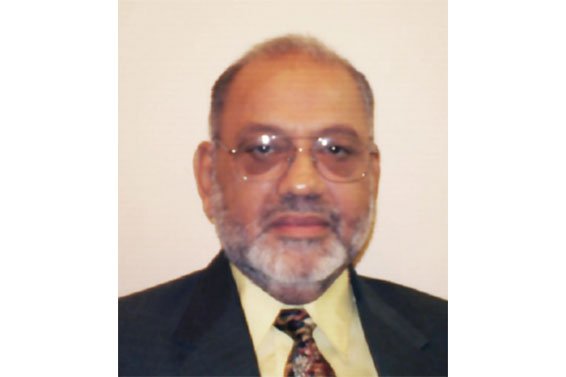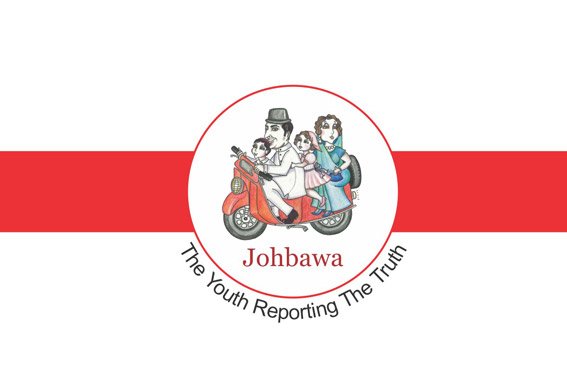Two Brock Zoroastrians head to United Nations for international conference
From Mar. 14 to 28, the United Nations will be hosting delegates from non-governmental organizations (NGO) from all over the world for the 60th annual conference for the Commission of Status of Women. Two Brock students, Nurelle Mehta and Ayesha Dumasia, will be representing the Federation of Zoroastrian Associations of North America (FEZANA) at the conference.
This is Mehta’s third time going to the conference, and she is looking forward to the chance of meeting people from all over the world and being inspired to come back and put what she learned into action.
“You realize that there are so many people out there working for the same goal in different ways,” said Mehta. “It’s empowering to know that what I’ll be experiencing is going to mean something to someone.”
The conference will consist of numerous sessions by the participating NGO’s. Each session will cover a topic related to the issue of women’s rights. The main goal of the conference is to educate people on these issues, and also to form networks between the participants in order to bring about change.
Mehta’s experience during her other two times at the conference were very eye-opening and a positive exposure to different cultures and organizations that are all working together to bring about gender equality.
“It was a crazy rainbow of cultures, and that was the most exciting thing – just learning about where people are coming from and what they’re doing,” said Mehta.
The most important encouragement Mehta took away from her time the past two years was to not just be inspired and learn something, but to bring that back and begin to make small changes.
“There’s so much good in this world,” said Mehta. “You may not see it, but there’s so many people on your side who want to help you.”
According to a study carried out by FEZANA in 2012, there are roughly 21,000 Zoroastrians in North America and roughly between 111,000 and 121,000 in the world. This number represents a 10 per cent decline in the overall adherents to the Zoroastrian religion. One of the main reasons the numbers are so small is that the Zoroastrian religion prohibits converts. In order to be a Zoroastrian, one must be born into a Zoroastrian family.
Today, the largest concentrations of Zoroastrians are found in India and Iran. Originally based in Iran, many Zoroastrians fled to India after the Islamic conquest of the Parthian Empire in the seventh century. They settled in modern-day Pakistan and India, where they are called Parsi by the native populations. The Zoroastrian religion and is one of the first, if not the first, monotheistic religion and the oldest surviving manuscript of its sacred texts, the Avesta, dates back to around 1,300 B.C.
The main tenets of the Zoroastrian religion are, ‘good thoughts, good words, good deeds’. It also emphasizes the preservation of life, following the path of the light and helping others.
‘[Zoroastrianism] is about tolerance and acceptance,’ said Mehta. ‘We’re also big on growth, in terms of growing ourselves. We put 150 per cent into what we do and push ourselves to be successful.’
Mehta and Dumasia are being sent to the conference as delegates of FEZANA, a charity-based organization that represents all the other Zoroastrian groups in North America.
Published on Brock Press





